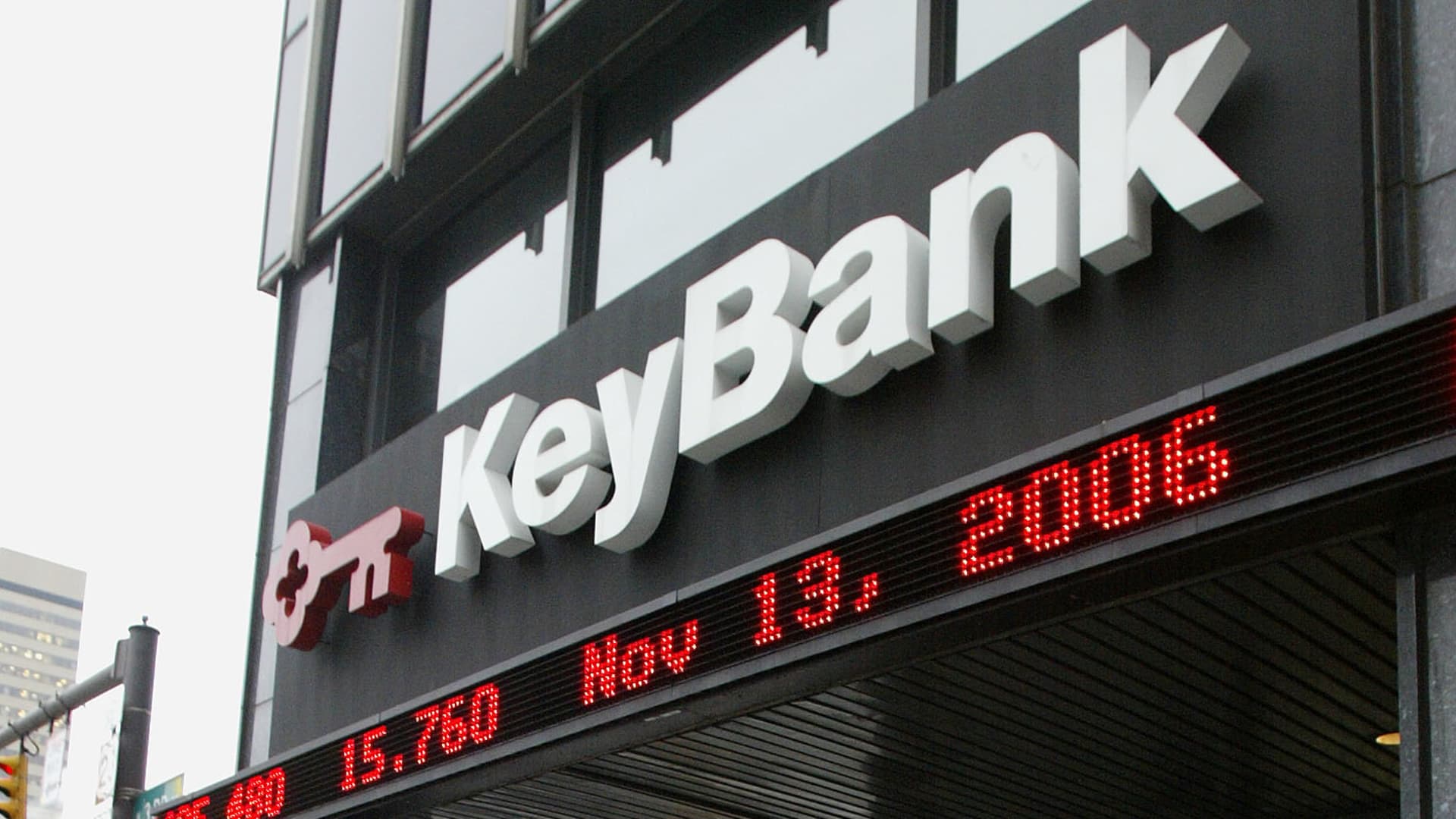Far from cutting-edge, these layoffs mark a revival of long-discredited corporate strategies. If the trend continues, history suggests these tech leaders will leave their companies severely crippled, at best.
Mass layoffs originated in the 19th century, when large industrial concerns would cope with financial downturns or simple seasonal fluctuations by slashing payrolls — though they often hired the workers back when good times returned.
By the late 1800s, heavy industries such as steelmaking, eager to reduce their reliance on workers, began installing labor-saving machinery across the factory floor. These moves successfully boosted profits and productivity while blunting the power of skilled, organized labor.
But something interesting happened along the way. The middle managers who increasingly controlled these complex organizations recognized that hiring and firing massive numbers of workers imposed significant transaction costs on their firms. Dropping thousands of workers only to try and lure them back a few months or years later wasn’t efficient.
Increasingly, managers sought to avoid huge fluctuations in the size of their workforce. Decisions about hiring and firing, formerly in the hands of all-powerful foremen, became bureaucratized. New “personnel departments” made their debut, working to limit turnover and create clear paths for promotion.
As a result, job stability — and lifetime attachment to a single firm — gradually became the norm for white-collar and blue-collar workers alike. This system reached its apogee in the 1950s and 1960s, thanks in part to a strong labor movement and a political commitment to full employment.
And then things fell apart. American businesses, unable to cope with foreign competition, increasingly fell behind. By the 1970s, companies began to slash their workforces in the hopes of regaining their competitive edge. These layoffs, at industrial giants like Boeing Co. and General Motors Co., caused outrage across the country, particularly after white-collar workers and middle managers became targets, too.
Heartbreaking stories of lifetime employees sacked just before retirement became commonplace. Still, most executives sold these cuts to shareholders as a necessity. And for the most part, the stock markets cheered mass layoffs as a sign that corporate leaders were taking the “necessary steps” to get their enterprises back on track.
But by the late 1980s, dissenting voices began to point toward an inconvenient truth: Human costs notwithstanding, downsizing wasn’t delivering the expected benefits of lower overhead, less bureaucracy and great productivity. Corporations, far from emerging lean and mean, simply struggled.
In 1991, a survey of executives that had pursued mass layoffs found that less than a third of respondents reported that profits had increased as expected. Even stock prices, which initially rose on downsizing news, typically fell in subsequent months. Another survey found that more than half of companies saw productivity decline after downsizing.
Part of the problem lay with the surviving employees. An academic article published in 1993 noted: “Study after study shows that following downsizing, surviving employees become narrow-minded, self-absorbed and risk averse” — the opposite outcome that was desired.
More rigorous studies of corporate profitability corroborated these findings. A study in 1994 found that corporations that downsized saw profitability drop for several years. A study published in 1997 that examined S&P 500 companies between 1981 and 1992 confirmed that mass layoffs had a negligible impact on profitability. “No evidence of a broad-base rise in productivity,” another study concluded, “has been discovered so far among restructuring companies.”
Nonetheless, proponents of downsizing continued to hold sway, even as they acknowledged that, say, slashing half your workforce in one go might not be the best approach. The idea that pruning payrolls could restore a company’s profitability was simply too alluring to be discarded overnight.
Gradually, though, a new consensus began to emerge within management circles that understood mass layoffs as a deeply risky strategy that, while occasionally necessary — and even beneficial under very specific circumstances — was otherwise fraught with peril.
In 2008, for example, a study of downsizing’s effects entitled “Dumb and Dumber” confirmed that mass layoffs cut into firms’ profitability, particularly in industries characterized by low levels of physical capital (factories, for example) but high levels of investment in human capital, or workers.
This precisely describes Meta and Twitter. They aren’t General Motors, with massive investments in machine tools, robots and factories. The capital of these tech companies is almost entirely tied up in their employees. Outside of those software engineers and content moderators, they don’t really have much in the way of hard assets.
But none of this has stopped Messrs. Musk and Zuckerberg from barreling ahead as if they’re executives of some Rust Belt concern circa 1981. After Musk cut Twitter’s 7,000-person workforce by half this month, Zuckerberg announced 11,000 layoffs at Meta.
The stupidity of these moves has already become evident, as Musk rescinded some of the firings last week. The situation has only deteriorated since then, with news Monday that Amazon plans massive layoffs in its devices and retails divisions.
For those who want these tech giants to survive, but not necessarily their leadership, take heart. A study that looked back over more than three decades found that chief executive officers who pursued a strategy of mass layoffs were far more likely to end up receiving their own pink slip for their bungled efforts. Poetic justice, indeed.
Stephen Mihm, a professor of history at the University of Georgia, is coauthor of “Crisis Economics: A Crash Course in the Future of Finance.”
Download The Mint News App to get Daily Market Updates.
More
Less















